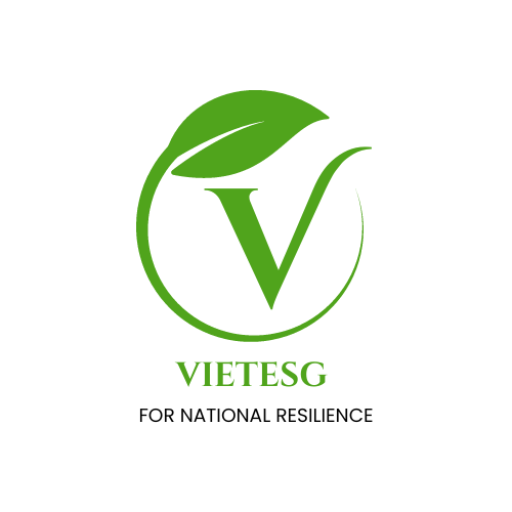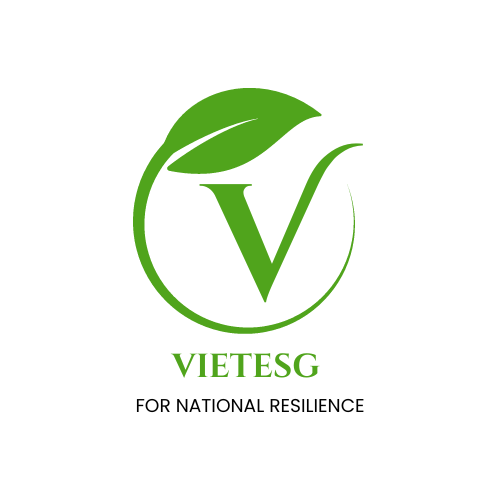[ESG-related Regulations/Standards] ISO 14001 x ESG
ISO 14001 is an international standard for environmental management systems (EMS), and ESG refers to Environmental, Social, and Governance factors that are increasingly important for businesses and investors.
ISO 14001 can play a significant role in supporting organizations in their ESG initiatives:
(1) Environmental (E):
Compliance with Regulations: ISO 14001 helps organizations identify and comply with relevant environmental regulations.
Resource Efficiency: Implementing ISO 14001 encourages the efficient use of resources, reducing waste and minimizing environmental impact. This aligns with environmental sustainability goals.
(2) Social (S):
Stakeholder Engagement: ISO 14001 emphasizes stakeholder engagement, including employees and local communities. This engagement can contribute to positive social impacts and enhance the “S” in ESG.
Employee Awareness: By implementing ISO 14001, organizations raise awareness among employees about environmental issues, fostering a culture of responsibility and social consciousness.
(3)Governance (G):
Risk Management: ISO 14001 helps organizations identify and manage environmental risks, contributing to overall governance practices. This is particularly relevant for the “G” in ESG.
(4) Leadership Commitment:
The standard requires top management commitment to environmental management, demonstrating strong governance and commitment to sustainable practices.
Reporting and Transparency:
(5) ESG Reporting:
ISO 14001 supports the development of environmental performance indicators and metrics. These can be integrated into ESG reporting, enhancing transparency for investors and stakeholders.
(6) Triple Bottom Line Approach:
ISO 14001 encourages a triple bottom line approach, considering economic, environmental, and social aspects. This holistic perspective aligns with the broader ESG framework.
(7) Continuous Improvement:
Lifecycle Perspective: ISO 14001 encourages organizations to consider the environmental impacts throughout the product or service lifecycle. This approach aligns with ESG principles of sustainable development and responsible business practices.
(8) Supply Chain Management:
Supplier Engagement: ISO 14001 can be extended to the supply chain, promoting environmental responsibility among suppliers. This contributes to a more sustainable and ethical supply chain, addressing social and governance aspects of ESG.
(9) Brand Reputation:
ESG Integration: Organizations with ISO 14001 certification can enhance their brand reputation by demonstrating a commitment to environmental responsibility
ISO 14001 provides a framework for organizations to systematically manage their environmental impacts, and by doing so, it supports and complements ESG goals and initiatives. The integration of ISO 14001 into an organization’s management system can contribute to improved ESG performance and overall sustainability.


